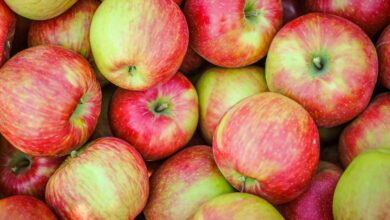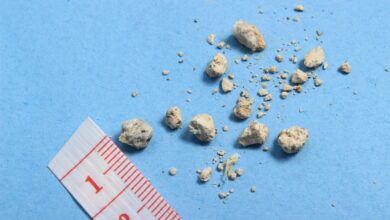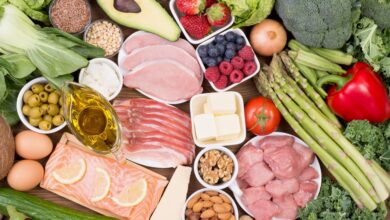Carbohydrates in Watermelon
| Nutrient | Amount per Cup |
| Calories | 46 kcal |
| Water | ~138 grams (about 90% of weight) |
| Total Carbohydrates | 11.5 grams |
| Protein | 0.9 grams |
| Total Fat | 0.2 grams |
| Total Sugars (Natural) | 9.4 grams (mostly Fructose) |
| Dietary Fiber | 0.6 grams |
| Net Carbs (Carbs – Fiber) | 10.9 grams |
| Vitamin C | 12.3 mg (14% Daily Value) |
| Vitamin A (from Beta-Carotene) | 43 micro g RAE (5% Daily Value) |
| Vitamin B6 | 0.1 mg |
| Potassium | 170 mg (4% Daily Value) |
| Magnesium | 15 mg (4% Daily Value) |
| Lycopene (Antioxidant) | 6,900 micro g |
| Sodium | 1.5 mg |
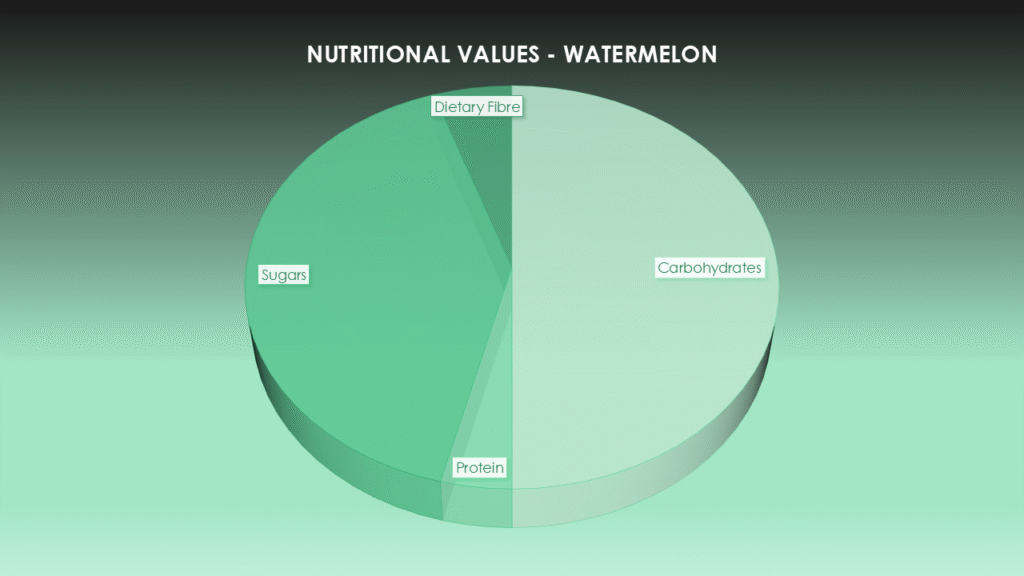
Watermelon is about 90% water. Because of the high water content, watermelon is not very high in total carbohydrates compared to many other fruits. A standard serving (about one cup of diced watermelon) usually has around 11 to 12 grams of total carbohydrates.
The amount can be different based on how ripe the watermelon is and the size of the piece you eat.
Watermelon Sugars
Watermelon contains three main types of natural sugars. Fructose, glucose, sucrose. One-cup serving with 11-12 grams of total carbs contains about 9 to 10 grams of these natural sugars.
The natural sugars include vitamins, minerals, and water, unlike added sugars in soda or candy.
Fiber
Watermelon has fiber, but not a lot of it. One-cup serving of diced watermelon gives you about 0.5 grams of fiber.
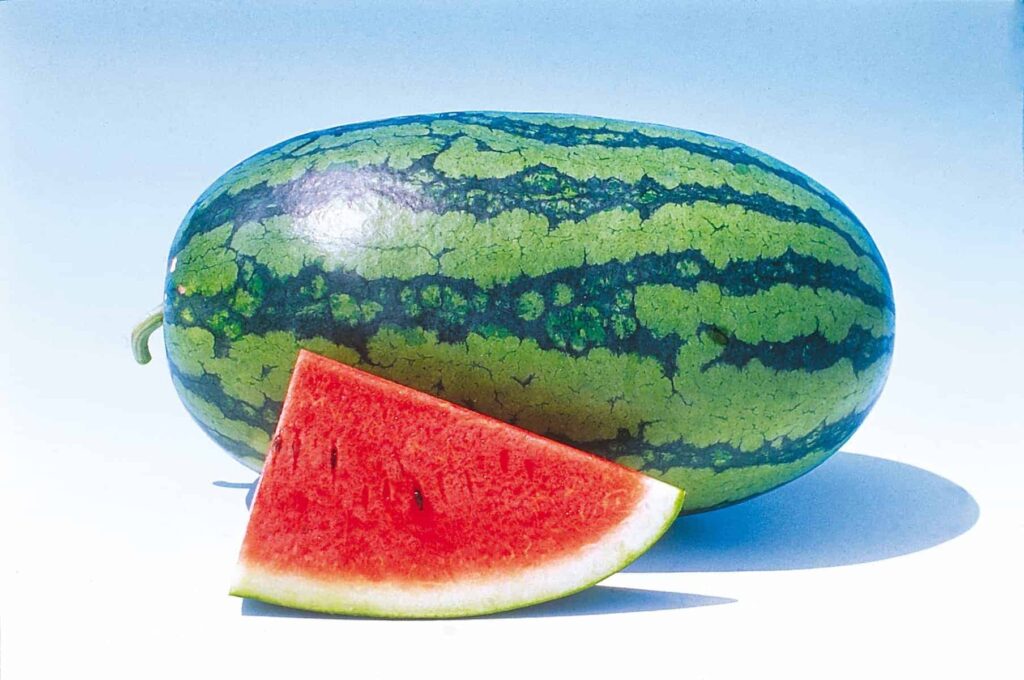
Watermelon Glycemic Index (GI)
Watermelon has a fairly high GI, around 72 to 80. This is because its carbs are mostly simple sugars (fructose and glucose) that your body digests and absorbs quickly.
Since watermelon is mostly water, a normal serving has only a small amount of total carbs.
Other Nutrients
In addition to carbohydrates, watermelon contains several other important nutrients. They are:
- Vitamin C: This helps your immune system and keeps your skin healthy.
- Vitamin A: This is important for good eyesight.
- Lycopene: This is the stuff that gives watermelon its red color. It is a powerful antioxidant, which means it helps protect your cells from damage. Watermelon actually has more lycopene than a raw tomato!
- Potassium: This mineral helps keep your heart healthy and controls blood pressure.
